Lebanese cucumbers
Sep 12, 2013, Updated Apr 16, 2024
This post may contain affiliate links. Please read our disclosure policy.
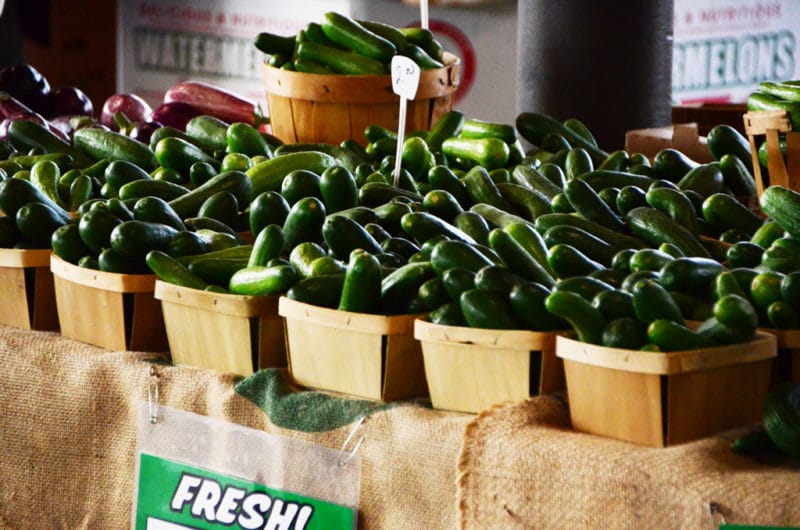
My fascination with cucumbers, the small ones, has gone on for some time. As has my fascination with the English language. I was sitting in the backseat of my mom’s Custom Cruiser, probably circa 1975, when we were driving along M-119 Up North, and I saw a roadside sign that made no sense. Mom, what are cuks? I asked, using the short sound of the letter “u,” so it came out rhyming with mucks. Mom looked swiftly to see the sign for “cukes,” and that lady laughed herself silly. I laughed myself silly too, though I had no idea what we were laughing about. It didn’t matter, since in my family we have always enjoyed hilarity for its own sake.
I still like to call cukes cuks, and when I do it still makes my mama laugh. Aren’t we easy?
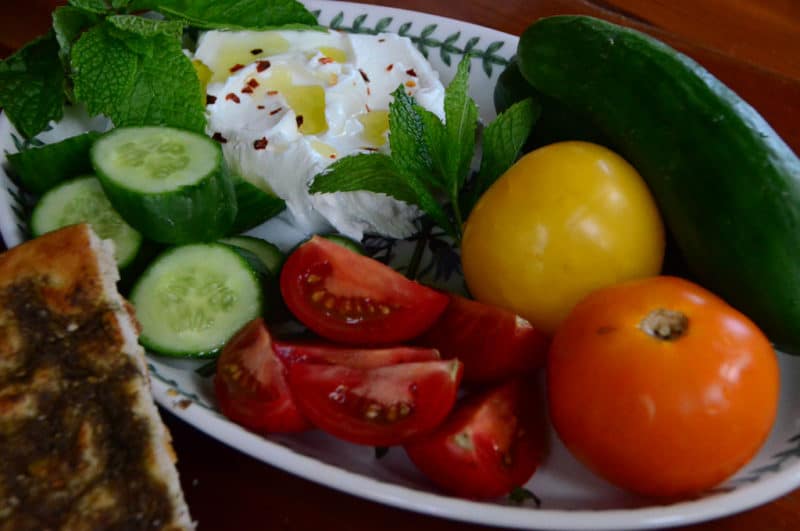
The Lebanese cuks are thin, smooth, and dark green. They’re especially good, with a sweetness and snap that you don’t find in other varieties. Thin Persian cucumbers are more readily available in recent years, but something about them (cultivation? soil? distance and time from the farm?) is too perfectly uniform, and lackluster.
We eat our cucumbers with real abandon, on the table for every meal including breakfast. I noticed this in Lebanon, where there is always a plate on the table with whole vegetables (Lebanese cukes, tomatoes, onion) along with a knife so you can cut it up yourself (fresher that way).
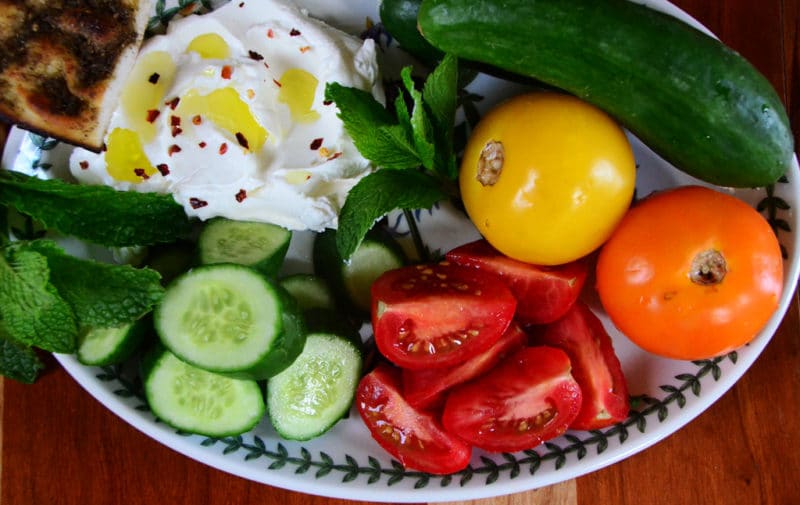
Also, always, a spray of fresh na’na, or mint. The mint is not meant to be just a pretty garnish. It’s for flavor, a leaf plucked from the stem and tucked in with your bread, veggies, and a spoonful of labne that’s been sprinkled with red pepper flakes and good olive oil. That’s one delicious bite of food.
The Eastern Market stalls offered bushels and bushels of our thin, smooth cuks—a display of them unlike I’ve ever seen anywhere. I’ve heard lots of talk about the cucumber man who used to come by all of the homes of the Lebanese in Lansing and sell them these and yet another variety of Lebanese cucumbers I’ve never seen (sounds like they were short but fuzzy?).
At the Eastern Market, I bought lots and lots and lots of our sleek little beauties. I’ve been handing them out like lollipops, and looking forward each morning to a very, very good Lebanese breakfast.
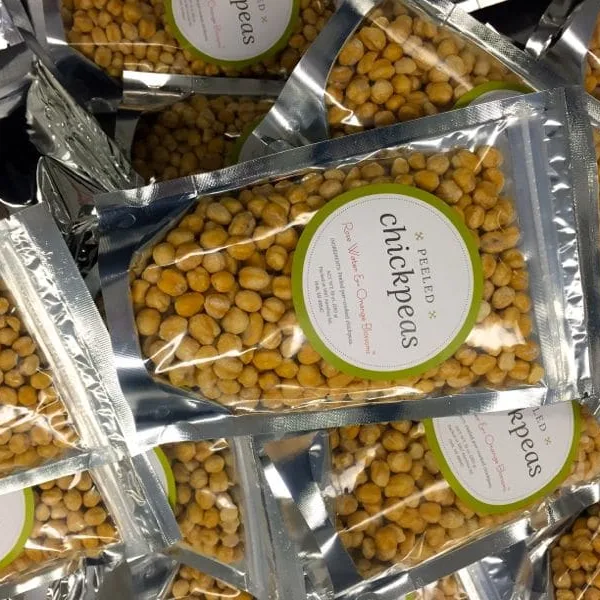
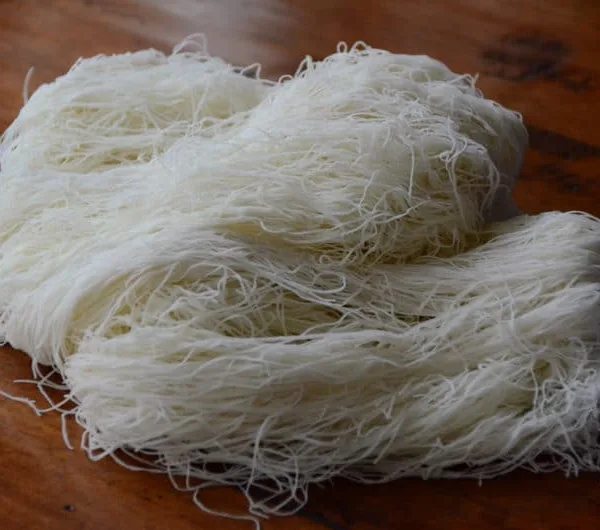
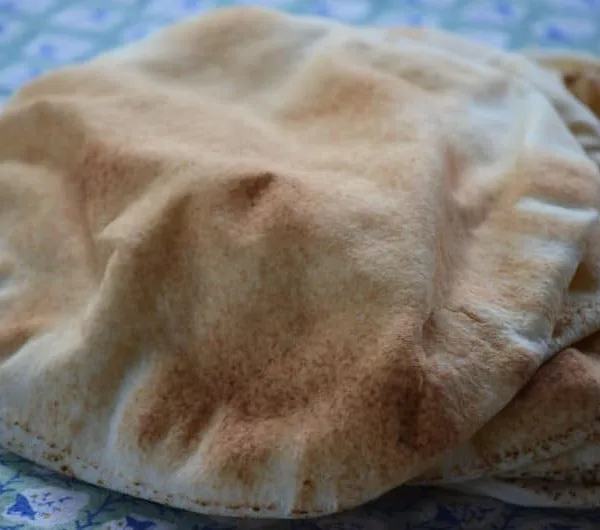
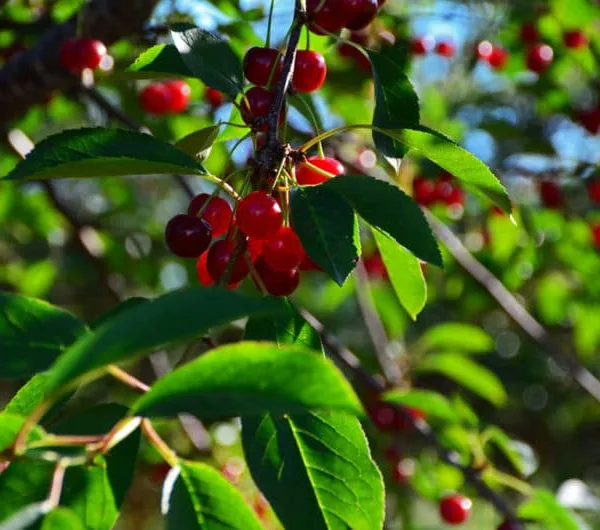







Hi. I’m interested to know what part of Lebanon you are from. I also am Lebanese and while your recipes sound familiar i find that there are different variations of your recipies from what I am used to. Thanks for your insight.
Hi! My father’s family is from the south, Diermimas, and my mother’s family is from just outside of Beirut. I agree, there are lots of variations even within a very small country!
Maureen Abood, Did you ever find the seeds for “mintha”? My family grew them in Michigan City, Indiana when I was a youngster. My father called them “mitay”. I would like to grow them, butI have never found the seeds. I did read that they might be a “melon” rather than a cuke. We love your book is great.
Jim and Kay Ackil, North Mankato , MN
ackil@charter.net
Thank you Jim and Kay! I will keep you posted here about the seeds when I do find them!!
oh – this platter looks soooo deliciously inviting! i would love nothing better to sit down with this platter of beautiful food at a table surrounded by family and friends and soak up the last easy, lingering summer evenings.
Laughing with you cousin–I love cukes and have never known their place in Lebanese cuisine until
today. As a child, they were always available whether in salad or sliced or whole on our table, and as an adult, they have always been in a staple in kitchen. Now I know why!
You mentioning ‘cuks’ reminded me of a story about one long gone member of my family. My grandparents came from Russia in the early 1900’s with my grandmother’s sisters. Their English wasn’t very good and many pronunciations were quite wrong. The mother of one of my father’s cousin’s was told by her mum to go and buy a lettuce. Said cousin was sure her mother was mispronouncing the word so she asked for a lettyuce! It has been called that ever since by the remaining family which consists of my sister and myself.
Would you know where I can get seeds to plant next year? I have tried several places but with no success. Thanks for your helfp
Hello Christine–working on that! More to follow!
Maureen if memory serves me right, the man you are talking about coming to all our homes was from Detroit and think his name was Sam Rhahime. Wonderful pictures and story as always cousin.
Oh my gosh yes!!!! My mother said his name was Sam!! Thank you cousin!
Brings back such memories. That bowl of veggies was on the table at every meal when I grew up.
The other variety of Lebanese cucumber that we eat is Wichita is called “mentha” and is light green and sort of fuzzy. When you grow them, you pick them for eating when they are still small, but you let several grow really big so that you can harvest their seeds for the next year’s crop. I think probably the first immigrants to Wichita had those seeds in their pockets… and we’re still eating the fruits of that gift!
Good morning sweetheart, the small, fuzzy cuke you refer to is called “mintha.” That was also grown by your Jido Sam Abood. His tomato, cucumber and onion salads were too delicious to describe adequately. Of course, fresh mint (na na) and lots of smashed garlic (thume) were mixed in as wel as olive oil, salt, pepper and topped off with fresh lemon. I’m still getting in as many of these in as I can before the season here ends for these fresh ingredients. I’m sending all of you and yours all my love and wishes for continued good health. Uncle Dick
I’m so happy to hear that about Jido, Uncle Dick! That delectable salad is coming up here…
Well cousin Dick, did Maureen wrote that for you?? It was every bitI as mouth watering as her writings. Mom grew Mintha back in the day, and we couldn’t wait for the “salad”. But, dad always put hot peppers with his.
Y’all make me hungry….